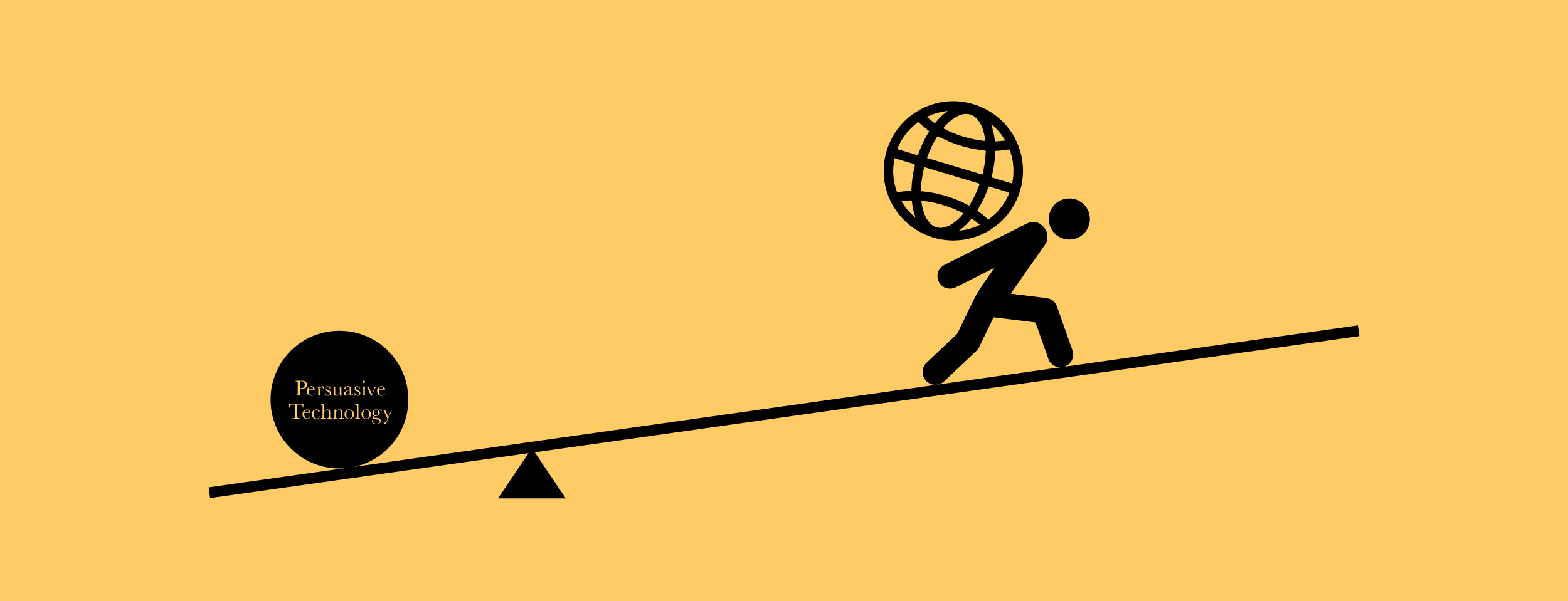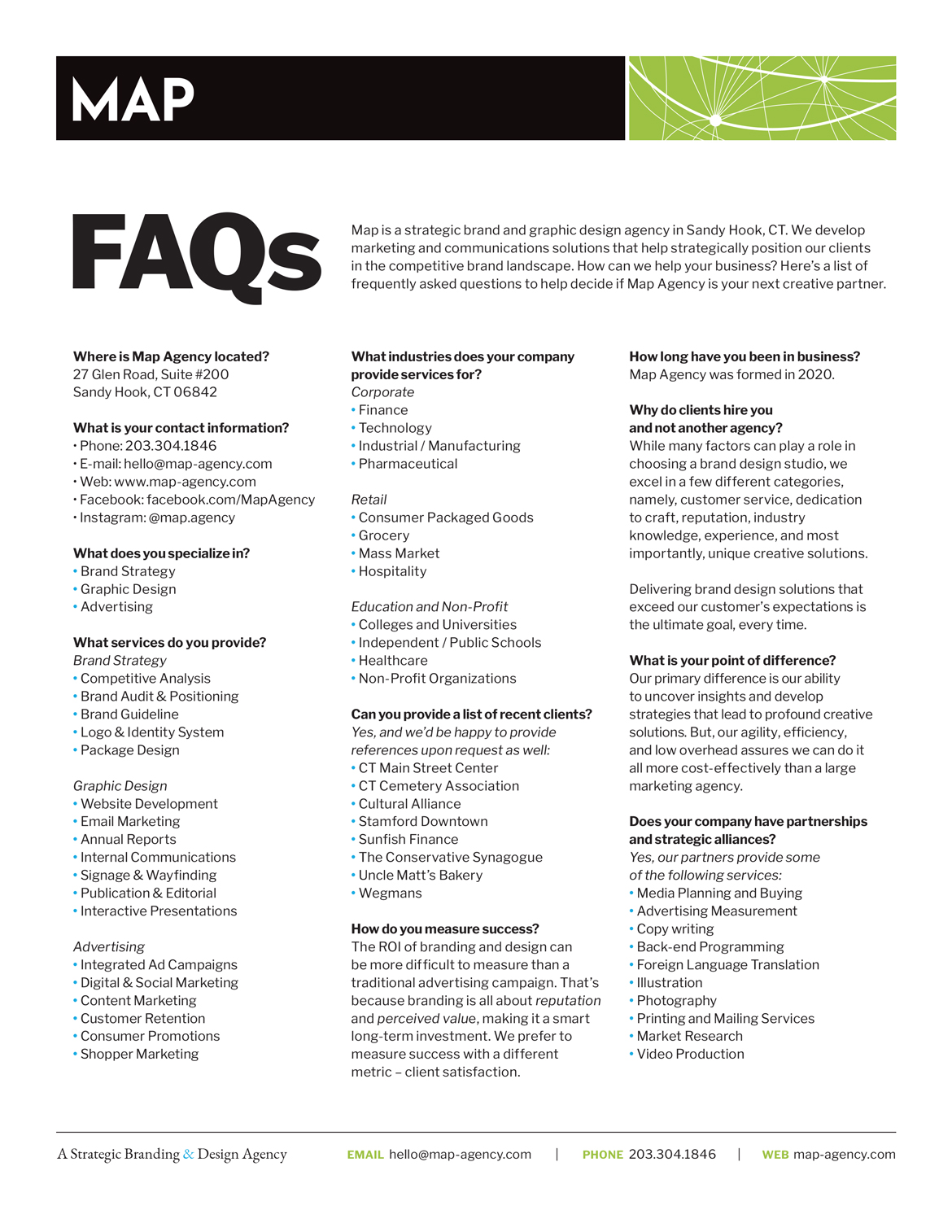Give a Creative Director a creative brief and make yourself a bucket of popcorn. Sit back and watch as he or she questions the objectives, pushes back against the target audience, and argues over the communication points and product benefits. The brief is all wrong, the Creative Director will explain. It needs to be reworked. The Strategist will have to dig deeper to find a more insightful approach.
Give that same creative brief to a Designer and expect ten solutions by morning. It’s the inquisitive nature of designers that drive them to roll up their sleeves and get to work. Like an artist, they just want to make creative stuff. Like an engineer, they want to do it in a way that solves real-world challenges. Yet, they’re rarely given the credit they deserve.
In Stolen Focus, author Johann Hari discusses the infinite scroll, an internet browser feature that automatically loads more content when a user reaches the bottom of the page. It was designed by Aza Raskin, the co-founder of the Center for Humane Technology, who admits that the feature likely contributed to smartphone addiction. (Hari, 2024, p. 120) We spend more hours on the internet when we aren’t given the time to pause, reflect, and make a conscious decision about continuing to scroll. But I can’t help but imagine the creative brief that led Raskin to his solution: create more engagement. To that extent, didn’t Raskin solve the problem brilliantly?
Raskin’s Center for Humane Technology offers a course that’s focused on shifting the “foundational paradigms underlying technology creation.” It’s a fantastic course, filled with astonishing data about the harms of persuasive technology. My favorite diagram is inspired by Donella Meadows’ “12 Leverage Points to Intervene in a System.” There are seven forces to balance the attention degradation cause my social media, in ascending order. At the bottom of the list? Design Changes. The course calls out that design “changes may be small, but they start the conversation.” Um, thanks for the recognition? Significant changes can’t happen until the design issues are solved, for crying out loud! This is a perfect opportunity to praise and celebrate the work that designers do. Once again, they are relegated to the bottom of the ladder.
In Ayn Rand’s seminal 1957 novel, Atlas Shrugged, she imagined an American dystopia where businesses are overrun by government rules and regulation. Instead of continuing to fight and argue with politicians, the self-made leaders of the world — Atlas, as Rand envisioned them — simply retreat to a secret resort. They strike. It’s a wonderful analogy for today’s designers. Without them, who would solve all the problems with persuasive technology? Who’s going to figure out the solution to the infinite scroll? It will be a designer, of course. At least until they all decide to shrug.

